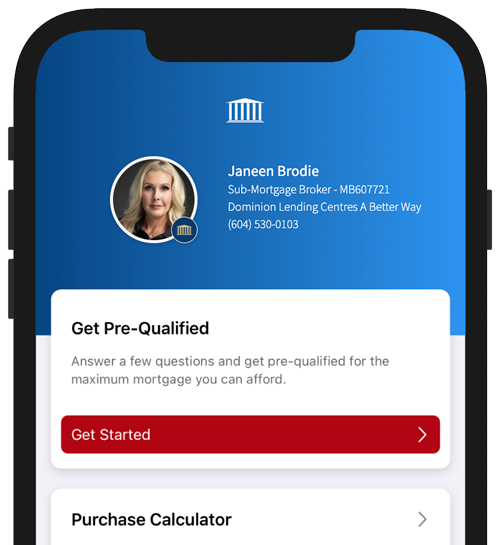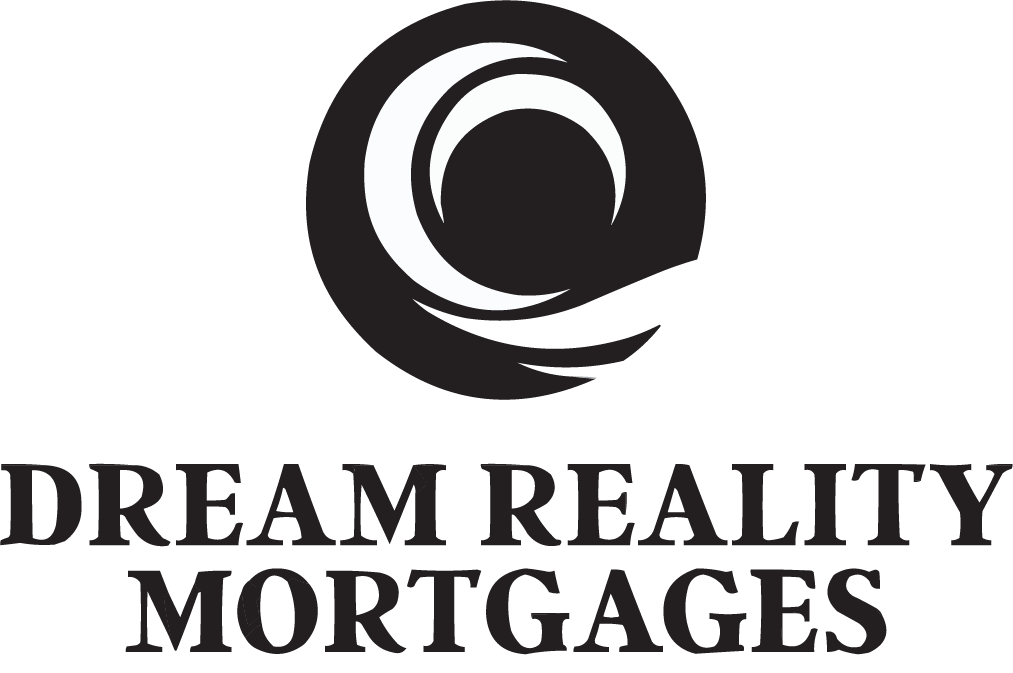
Investment Properties
Mortgages for investment properties differ from traditional home mortgages in several key ways, due to the nature of the investment and associated risks. Whether you're purchasing a rental property, a vacation home to rent out, or a multi-unit building, understanding the requirements and considerations is crucial. Here’s what you need to know about securing a mortgage for an investment property:
Higher Down Payment Requirements
Minimum Down Payment: For investment properties, lenders typically require a higher down payment than for a primary residence. The minimum down payment is usually 20% of the purchase price, as investment properties are not eligible for mortgage default insurance through CMHC (Canada Mortgage and Housing Corporation), which is available for primary residences with lower down payments.
Larger Down Payments for Certain Properties: Depending on the type of property, such as a multi-unit building or a property in a less desirable location, some lenders may require a down payment of 25% or more.
Interest Rates Are Typically Higher
Higher Rates for Investment Properties: Investment property mortgages usually come with higher interest rates compared to mortgages for primary residences. Lenders see these mortgages as riskier because rental income may not always cover the mortgage payments if the property remains vacant for an extended period or if tenants fail to pay rent.
Variable vs. Fixed Rates: You’ll have the option to choose between a variable or fixed-rate mortgage. While a fixed-rate mortgage offers stability, a variable-rate mortgage might provide lower interest rates, but fluctuating rates can create an increase to mortgage payments.


Mortgage Qualification and Criteria
Debt-to-Income Ratio (DTI): Lenders will closely examine your finances, including your debt-to-income ratio. They will ensure that your overall debts, including the investment property, do not exceed 39-44% of your gross income.
Income Requirements: Lenders typically require you to demonstrate strong income to support both your primary residence and the investment property. Rental income can be factored into this calculation, but only a portion of the expected rental income (usually 50-80%) is considered to account for vacancies and expenses.
Credit Score: A strong credit score is necessary to qualify for an investment property mortgage. Most lenders prefer a score of 680 or higher, though requirements vary by lender.
Types of Investment Properties
Single-Family Homes: These are properties purchased to rent out to individual families or tenants. These properties are generally easier to finance, but the income is solely dependent on one tenant, which can be a risk.
Multi-Unit Buildings: Mortgages for 2-4 unit properties are more common and easier to finance than larger buildings, but the down payment requirements and interest rates may be higher. Properties with more than four units fall under commercial real estate financing, which has different rules.
Condominiums: Condos and Townhomes can be popular investment properties, but lenders may have stricter rules due to concerns about condo fees and restrictions imposed by the condo board. Additionally, some lenders limit the number of units you can own in a single building.
Vacation Homes or Short-Term Rentals: If you plan to rent out a vacation home or use it for platforms like Airbnb, mortgage requirements can be different. Short-term rental income is often viewed as riskier and may not be factored in by all lenders.
Rental Income Considerations
Rental Income as Part of Mortgage Application: If you plan to rent out the investment property, some lenders will allow you to use a portion of the rental income (usually 50-80%) as part of your income when applying for the mortgage. However, they may require proof of rental agreements or market rent estimates from an appraiser.
Vacancy Risk: Lenders take vacancy risks into account when approving investment property mortgages. If you don’t have a tenant for a certain period, you will still need to make mortgage payments. Having a solid financial cushion or other sources of income can help with this.
Rental Market Research: Ensure you research the rental market in the area where you’re purchasing. Strong rental demand will help ensure that you can consistently find tenants and maintain rental income to cover mortgage payments and other expenses.
Lender Options
Traditional Lenders: Banks and credit unions offer mortgages for investment properties, but they tend to have stricter qualification requirements, such as higher down payments and stricter income and credit score checks.
Private Lenders: Private lenders may offer more flexible terms, but they often charge higher interest rates. This could be a good option if you cannot meet the stringent requirements of traditional lenders or if you need faster approval.
Mortgage Brokers: Working with a mortgage broker can help you compare multiple lenders and find the best mortgage rates and terms for an investment property. Brokers may also have access to private lenders if traditional lending is not an option for you.
Mortgage Insurance
No Mortgage Insurance for Investment Properties: Investment property mortgages are not eligible for CMHC or other mortgage insurance programs like Sagen or Canada Guaranty. This is why lenders require higher down payments and charge higher interest rates to offset the risk.
Repayment Terms
Amortization Period: The amortization period for investment property mortgages is typically 25 years, though some lenders may allow longer terms, up to 30 years. A longer amortization period can lower monthly payments but increases overall interest costs.
Payment Frequency: You can choose how frequently you make mortgage payments (e.g., monthly, biweekly, weekly), just as with a traditional mortgage.
|
Costs Beyond the Mortgage
|
|||||||||
|---|---|---|---|---|---|---|---|---|---|
|
Closing Costs
|
In addition to your down payment, you’ll need to budget for closing costs, which can range from 1.5% to 4% of the purchase price. This includes legal fees, land transfer tax, appraisal fees, and home inspections.
|
||||||||
|
Property Taxes
|
As the property owner, you will be responsible for property taxes, which vary by municipality. Ensure you understand the property tax rates in the area where the investment property is located.
|
||||||||
|
Insurance
|
Rental properties require landlord insurance, which is often more expensive than regular homeowner’s insurance. It covers property damage, loss of rental income, and liability for tenant-related incidents.
|
||||||||
|
Maintenance and Repairs
|
You’ll also need to budget for ongoing maintenance, property management (if applicable), and unexpected repairs.
|
||||||||
|
Tax Considerations
|
|||||||||
|---|---|---|---|---|---|---|---|---|---|
|
Rental Income Taxes
|
Rental income is taxable, so you’ll need to report it on your tax return. However, you can also deduct certain expenses, such as mortgage interest, property taxes, insurance, and maintenance costs, which can reduce your taxable income.
|
||||||||
|
Capital Gains Tax
|
If you sell the investment property in the future and it has appreciated in value, you will owe capital gains tax on the profit. In Canada, 50% of the capital gain is taxable at your marginal tax rate.
|
||||||||
Building Equity and ROI
Equity Growth: Over time, as you pay down your mortgage and the property (hopefully) appreciates in value, you’ll build equity in the investment. You can leverage this equity for future property purchases or other investments.
Return on Investment (ROI): Carefully calculate your ROI by considering not only rental income but also mortgage payments, property taxes, maintenance costs, and other expenses. Ensure that the property will generate positive cash flow over time.
Risks of Investment Properties
Vacancies: One of the biggest risks is periods of vacancy, where you may not have rental income to cover your mortgage payments.
Tenant Issues: Problematic tenants can lead to late payments, property damage, or legal disputes. Ensure you have proper screening processes.
Market Risks: Housing and rental markets fluctuate, which can affect property values and rental demand. It’s important to have a long-term investment strategy and not rely solely on short-term gains.
Exit Strategy
Selling the Property: Have a clear exit strategy in mind, whether you plan to sell the property in the future or hold it long term. If you need to sell, be aware of transaction costs, taxes, and the market conditions at the time.
Mortgages for investment properties come with stricter requirements, higher down payments, and increased risks compared to mortgages for primary residences. However, they can also offer significant financial rewards if managed properly. Careful planning, understanding the rental market, and working with knowledgeable professionals (such as mortgage brokers, real estate agents, and financial advisors) can help ensure that your investment property is a successful and profitable venture.






